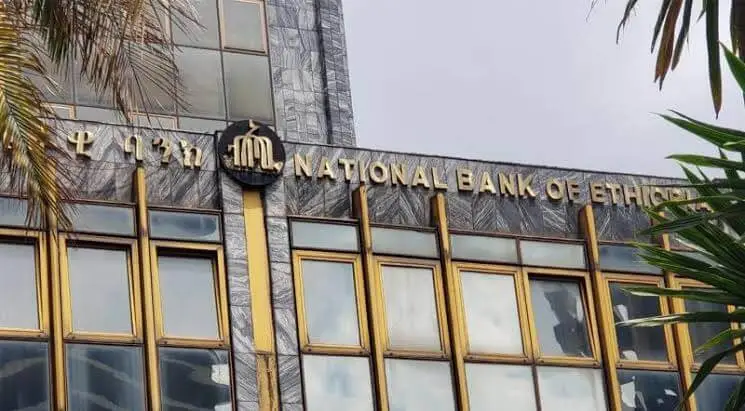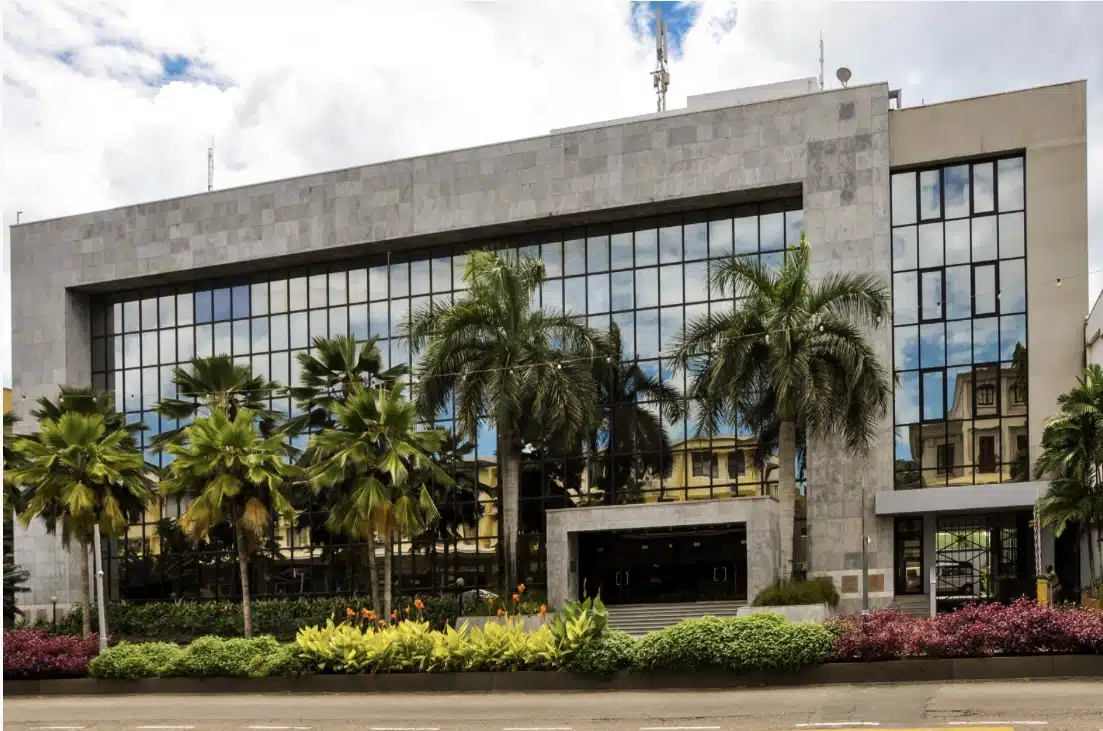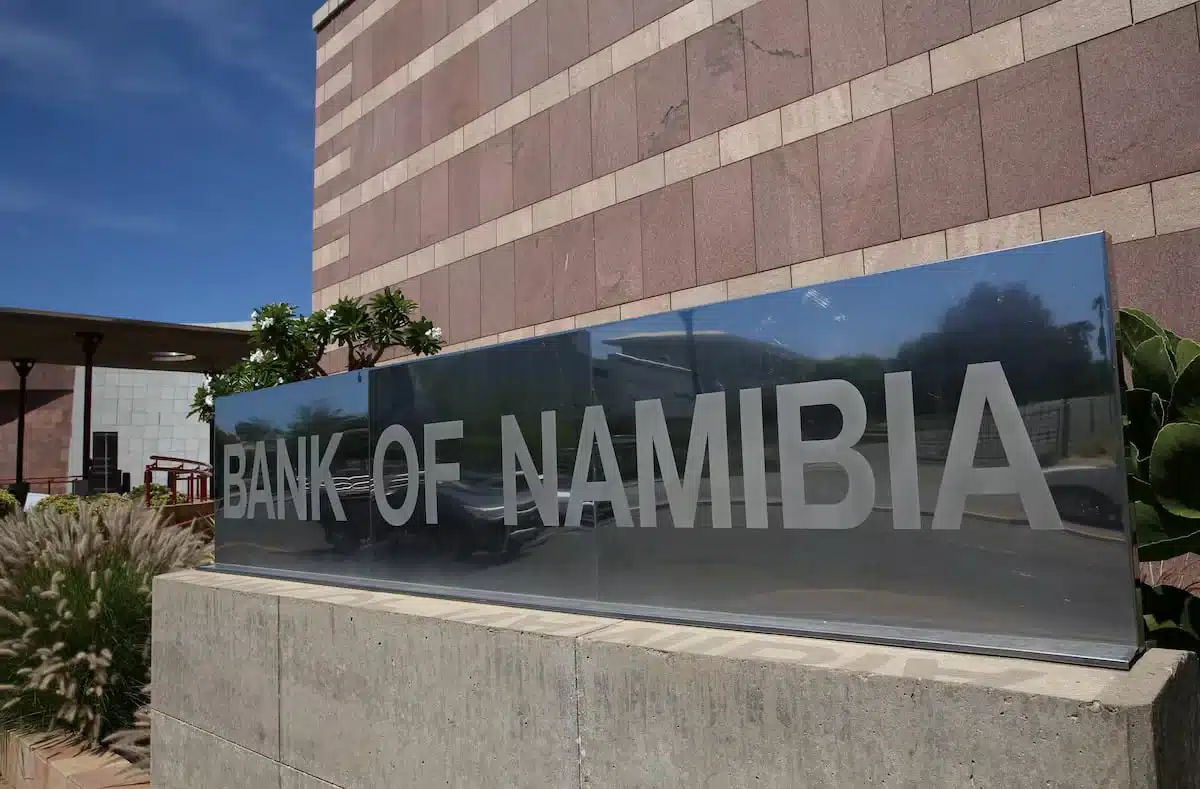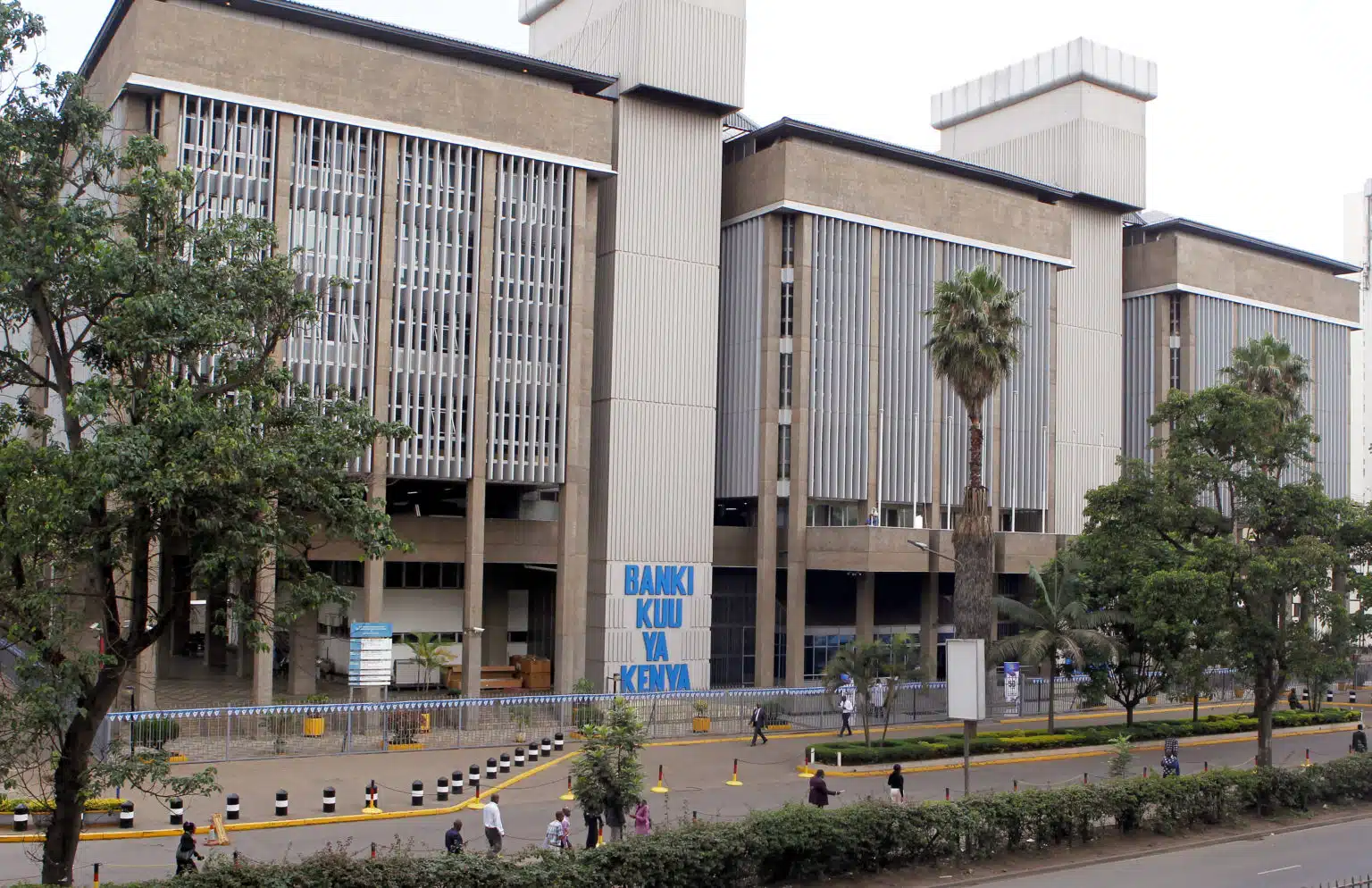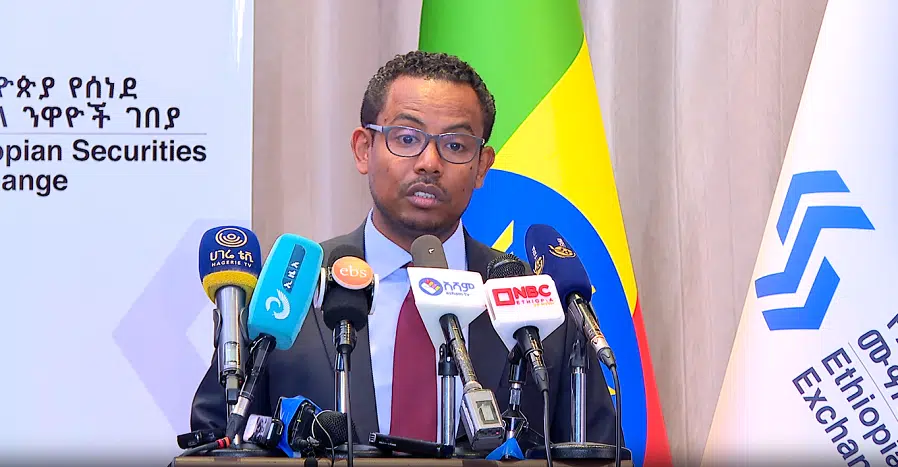The National Bank of Ethiopia (NBE) has unveiled a new set of foreign exchange reforms aimed at improving transparency and the efficiency of market operations.
In a statement dated May 20, 2025, the central bank announced a 4% cap on forex service charges, alongside new rules that offer greater flexibility for importers and international travellers.
Aligning with global price practices, the apex bank has instructed lenders to simplify their forex pricing structures and eliminate add-on charges for minor services.
Starting from May 26, all fees related to forex purchases—including for imports, service payments, and travel cash—must not exceed 4%.
From June, all banks will also be required to publicly disclose their forex fees on the central bank’s website.
Under the new rules, importers stand to benefit significantly, as the NBE has raised the advance payment limit from $5,000 to $50,000 per transaction — ending a long-standing restriction that had previously constrained their ability to secure goods efficiently.
Travellers will also enjoy greater leeway, with the forex cash limit raised to $10,000 for personal travel and $15,000 for business trips.
Additionally, foreign exchange account holders can now spend up to 20% of their balance using debit cards, up from 10%.
These new measures build on a sweeping reform introduced in July 2024, when the apex bank launched a bi-weekly FX auction system.
According to the central bank, the overhaul helped ease foreign currency shortages, resulting in record-high reserves across commercial banks and the NBE.
Also, exports have since more than doubled, and capital inflows from both private and official sources have surged.
“The FX supply response from the exchange rate reforms has been significant, with goods exports up more than 100%, strong increases seen in services and remittances, as well as much improved capital inflows from both private and official sources,” the statement said.
The NBE expressed confidence that the latest reforms will deepen the gains made so far, encouraging broader access to foreign exchange and strengthening private sector activity.

